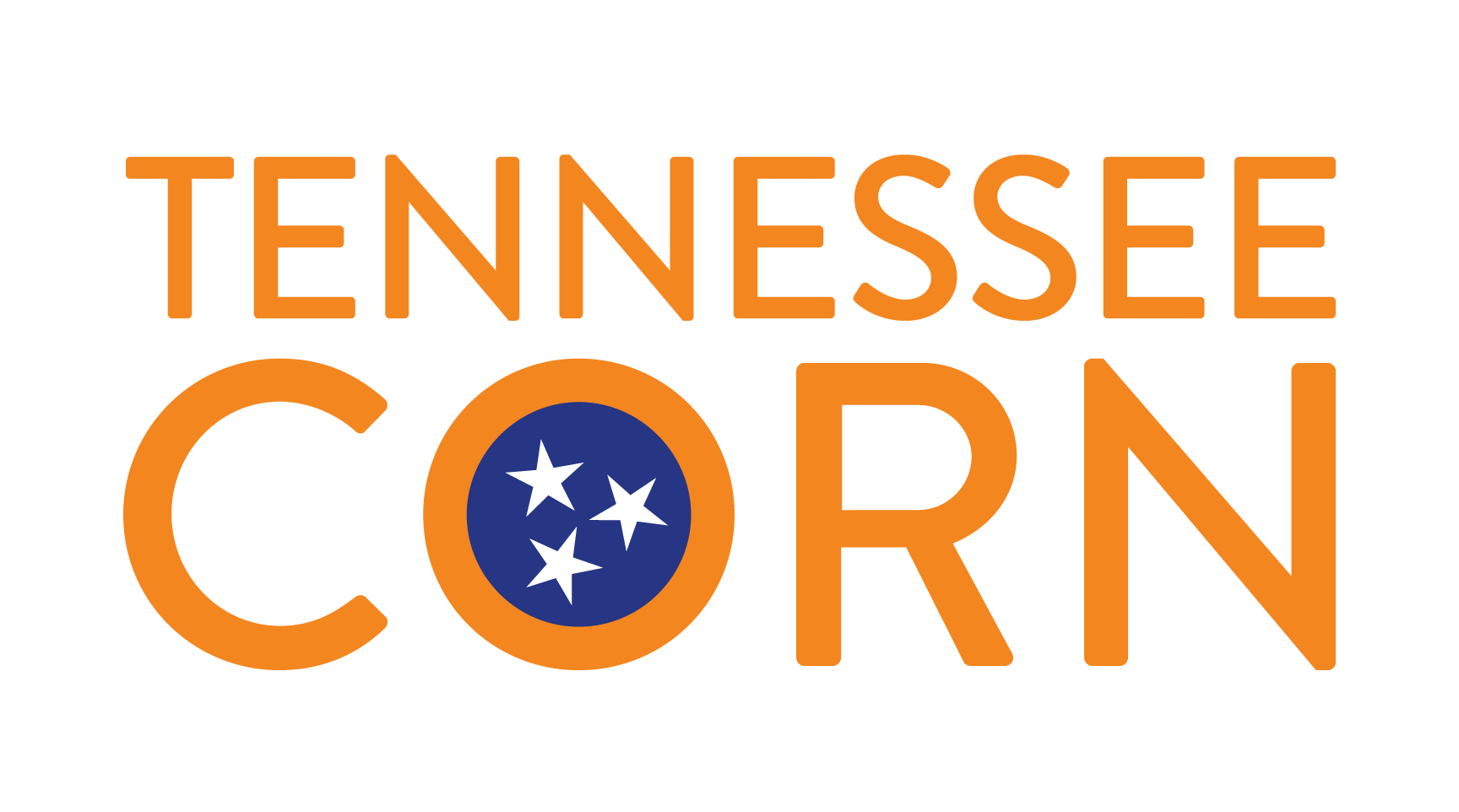Tennessee Corn Farmers Vote in Favor of Statewide Checkoff
The National Corn Growers Association congratulates corn farmers in Tennessee on the passage of a referendum to establish a corn checkoff program. The statewide vote authorized a one cent per bushel assessment of corn sold to support in-state promotions of corn. NCGA, along with several state affiliates, supported the efforts in Tennessee and are pleased to have provided assistance.
“Tennessee Corn is excited to have passed the checkoff. The checkoff will allow us to fund research, market development and promote increased production and sales of Tennessee corn,” said Tennessee Corn Growers Association President Mike Holman. “We thank NCGA Director of State and Industry Relations and Development Joe Hodes and all of NCGA for their support. We couldn’t have done it without them and look forward to working together into the future.”
Funds collected through the newly established checkoff will support research, promotion and education activities designed to increase corn grind and the profitability of the state’s corn farmers.
“We always welcome input from our partners and industry leaders,” Commissioner Templeton said. “Tennessee farmers and landowners should have a say in determining the future of their business. We’re proud that they were given the opportunity to do so.”
Tennessee corn farmers or landowners who share in the production costs or the proceeds of the sale of corn were eligible to vote. Of the producers who cast ballots at local UT Extension offices, 63.9% supported the measure. Of 474 total votes, 303 were in favor of the checkoff.
A checkoff program represents strength in numbers. Supported by all corn growers, a small investment in the program results in a larger pool of resources that can be used more efficiently and effectively. Those funds will be administered by a board of Tennessee corn farmers. Plus, growers who do not want to participate will be able to request a refund after the sale.
Assessments will begin March 1, 2019. Producers who do not want to participate may request a refund of the assessed amount within 90 days of sale.
Tennessee joins the other 20 top corn-producing states in the nation in collecting a checkoff. The state corn checkoffs invest almost $90 million annually to improve farmer profitability. Some of those funds are spent in-state with universities and other partners, especially on vital research. State and federal ag research dollars are declining and little of the corn research being done by large seed companies is specific to Tennessee.
Tennessee ranks 17 among states for corn acreage in the U.S. According to the United States Department of Agriculture’s National Agricultural Statistics Service, Tennessee farmers harvested approximately 740,000 acres of corn in 2017, generating more than $418 million.
Checkoff funds can also be invested with national cooperator groups. With ninety-five percent of the world’s population living outside the US, direct corn exports and exports of value-added products are critical. The corn checkoff can support groups like the U.S. Grains Council, US Meat Export Federation and US Poultry and Egg Export Council, which arrange trade teams of foreign buyers to visit U.S. suppliers, work with foreign policymakers on corn and corn products issues, and work to create new and develop existing international markets.
Domestically, state checkoff investments have helped the National Corn Growers Association focus attention on new uses for corn through open competitions and direct investment in promising technologies. NCGA has also strongly supported corn’s chief markets of livestock and ethanol through working with producer groups and encouraging new demand opportunities.
Finally, consumers have never been so far removed from the farm, which is why farmers need to talk with consumers to defend their ability to make a living through production agriculture. Checkoff funded outreach and education can promote better understanding of farming practices and discourage concerns from the general public.
